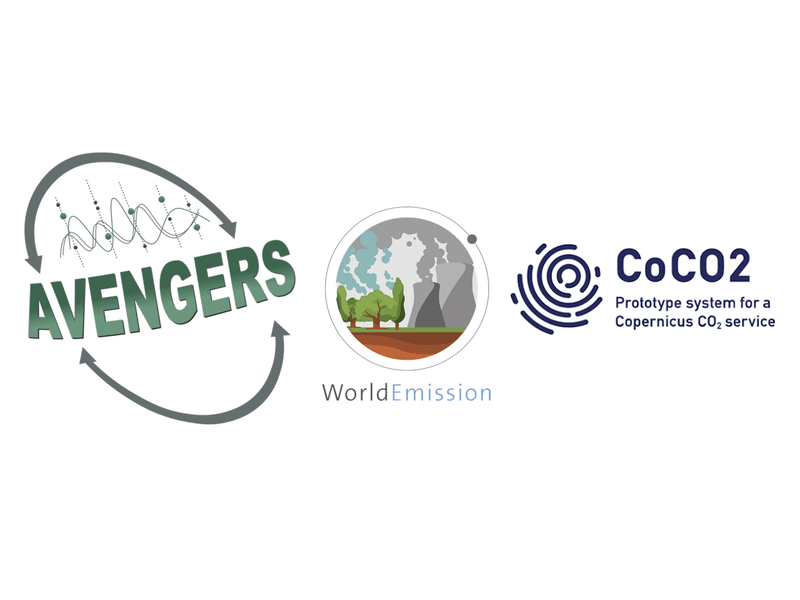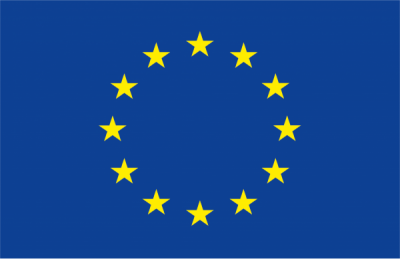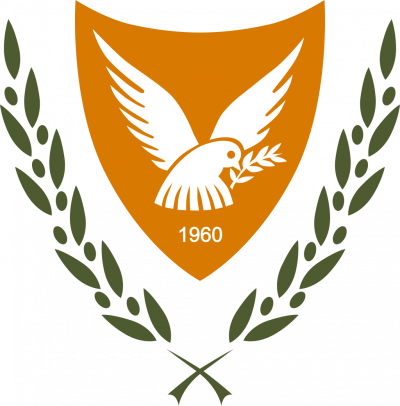
Distinguished projects on national and global emissions monitoring
The National Emission Reporting and Regional Air Quality Modelling teams of CARE-C at the Cyprus Institute, led by Dr Jonilda Kushta, have been key partners in three significant projects, in collaboration with leading European research organisations and industry experts in the field of atmospheric sciences. These programmes, described in detail below, focus on monitoring, validating and improving emission estimates by contributing to the development and uptake of state-of-art datasets and methodologies, towards accurate national and global assessment of anthropogenic emissions.
The active involvement of CARE-C scientists and their participation in the development of high-quality outcomes, from such innovative EU-led programmes, showcase the Centre’s exceptional level of research expertise and knowledge, as well as its invaluable input to European and global initiatives on fighting climate change through monitoring and subsequently reducing air pollutant emissions.
COCO2
The “Prototype system for a Copernicus CO2 service” (CoCO2) project (which has received funding from the European Union’s Horizon 2020 research and innovation programme under Grant Agreement No. 958927) contributes to the development of the European CO2 emissions Monitoring and Verification Support capacity (CO2MVS).
CoCO2 is delivering prototype systems at the required spatial scales, forming part of the overall implementation in the Copernicus programme. The prototypes target as much of the already existing Copernicus infrastructure as possible, and ensure all necessary components needed for the attribution of CO2 emissions are designed and developed. The R&D activities endorsed by the project are strongly recommended by the European Commission’s CO2 monitoring Task Force and aim at providing useful tools to the national reporting agencies.
The Climate and Atmosphere Research Center (CARE-C) has teamed its efforts with other members of the consortium (25 partners from 14 participating countries) under the coordination of the European Center for Medium-range Weather Forecasts (ECMWF). In the framework of this collaboration, CARE-C researchers developed a methodology to produce spatial and temporal GHG inventory over Cyprus, improved their monitoring and validation capabilities and expanded their scientific involvement in the quantification and verification of emission fluxes with the use of satellite observations. The project is towards its finalization, with its final assembly held this November in the Netherlands (https://coco2-project.eu/events/coco2-final-meeting-and-corso-ga-meeting).
You can find more about CoCO2 at the project website here.

WOREM
The World Emission project, funded by the European Space Agency (ESA), aims to provide an enhanced global emission monitoring service by developing emission estimates from satellite data. These estimates, based on proven methodologies from the science community, are compared with bottom-up inventories, in close collaboration with end-user organisations, to define related product target requirements.
This programme builds upon the strong expertise of the Laboratory for Sciences of Climate and Environment. (LSCE) on global atmospheric CO2 inversions from the Copernicus Atmosphere Monitoring Service (CAMS), implemented by the European Centre for Medium-Range Weather Forecasts (ECMWF) on behalf of the European Commission. The consortium brings together industrial entities such as GMV, Capgemini, and Kayrros, as well as research organizations such as the Climate and Environmental Sciences Laboratory of the Pierre Simon Laplace Institute, the Max Planck Institute of Chemistry, the Free University of Brussels, the Cyprus Institute, and the National Supercomputing Center (BSC), with the support of the Free University of Amsterdam.
The main technological achievements include the evaluation of existing inventories and the algorithms used for retrieval and conversion, as well as taking into consideration the broadening of the range of gases emitted, along with the emission sources over a large number of monitored geographic areas. The satellite-derived emission inventory data extracted from earth observations are being compared with bottom-up inventories in close collaboration with end-user organisations to define related product target requirements. One such vital case country is Cyprus, used to validate the inversion of CO2 and NOx emission fluxes against the nationally reported emission inventories, providing a valuable validation tool, much needed and required in the Eastern Mediterranean and Middle East region.
One of the most attractive and substantial outputs of the project is the deployment of an interactive web platform that will be fully operational by the end of the project (2024). The assessment of the World Emission operational service is the focus of the third User Consultation Workshop, to take place on the 6th of February, 2024 (https://www.world-emission.com/event/third-user-workshop/). Project stakeholders and international experts, national (local and regional) and international reporting authorities, researchers, and policy bodies are strongly encouraged to assess the World Emission portal and datasets developed during phase 2 of the project. For a first-hand exploration visit https://app.world-emission.com/.

AVENGERS
Recently, CARE-C, on behalf of the Cyprus Institute joined the “Attributing and Verifying European and National Greenhouse gas and aerosol Emissions and Reconciliation with Statistical bottom-up estimates” (AVENGERS) Horizon programme project (https://avengers-project.eu/) as a hop-on partner.
The project unites a diverse group of experts in order to establish how top-down techniques can support the verification of national emission inventories and other regulated estimates of emissions and removals, in order to improve or supplement the methods/approaches currently used.
AVENGERS builds upon the heritage of previous EU projects, in particular CHE, CoCO2 and VERIFY and will advance the top-down approach for quantifying GHG and aerosol emissions, as well as reconcile and integrate approaches into a joint bottom-up and top-down framework. Based on the reconciliation process, AVENGERS will prepare good-practice guidelines for use of atmospheric inverse models, as well as develop a Flexible Inversion Tool for Inventory Compilers (FIT-IC).
The programme, which started on 1 January, 2023, and is expected to end on 30 June, 2026, is coordinated by Lund University in Sweden and brings together 15 higher education and research organisations from 7 different European countries.
For further details on project outcomes, CARE-C contribution or relevant support for related applications contact Dr. J. Kushta (j.kushta@cyi.ac.cy).



![]()



This project has recevied funding from the European Union’s Horizon 2020.
The project is funded by European Union’s Horizon Europe reseach and innovation programme under Grant Agreement No. 101081322.



